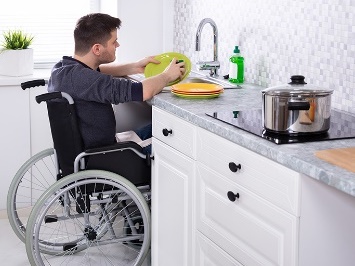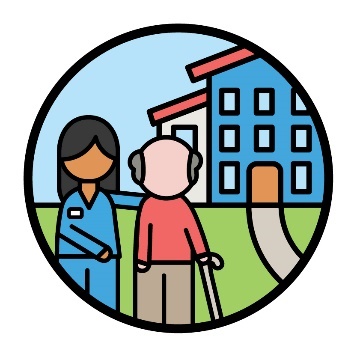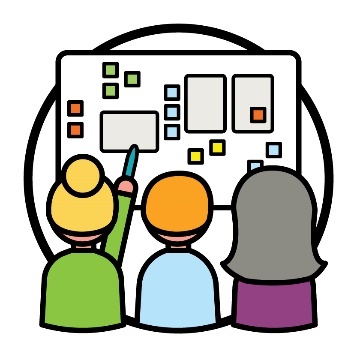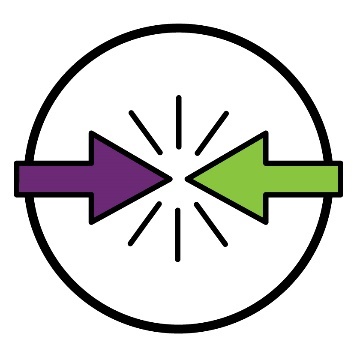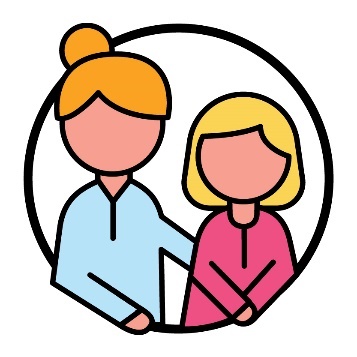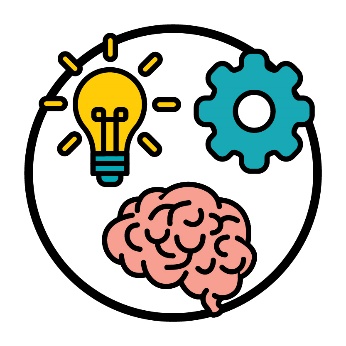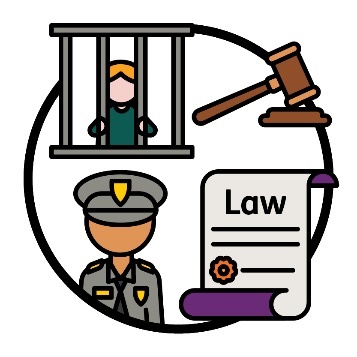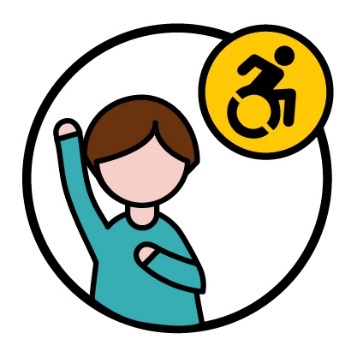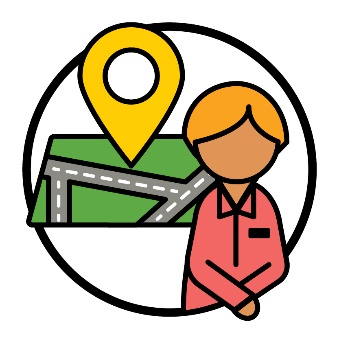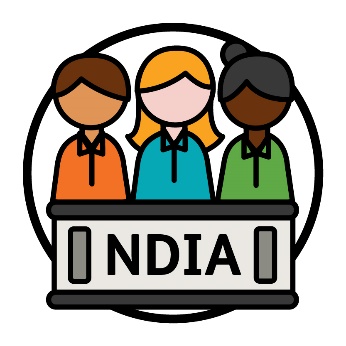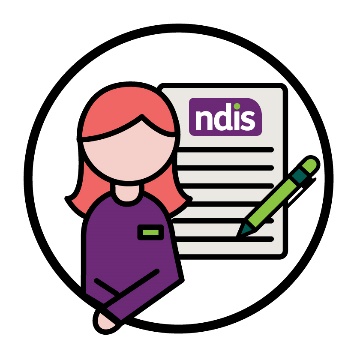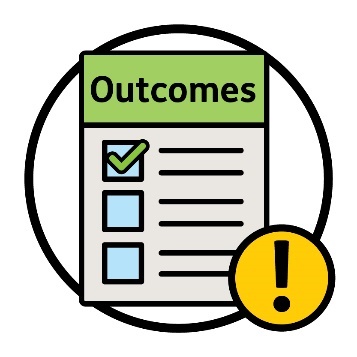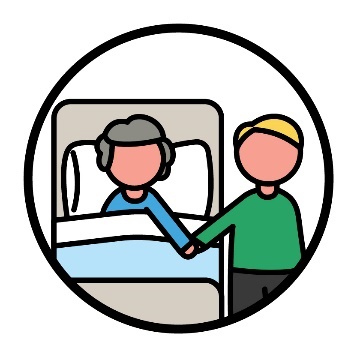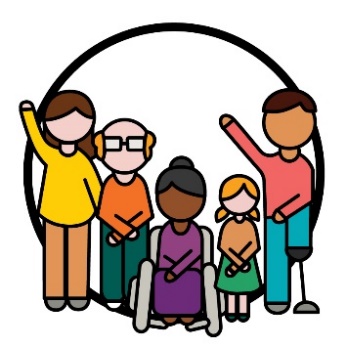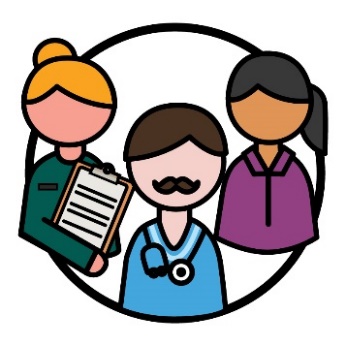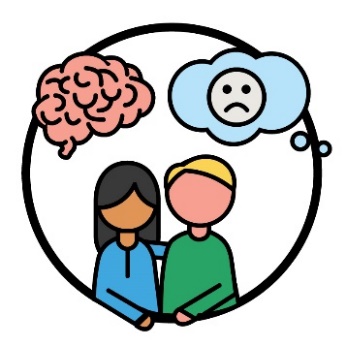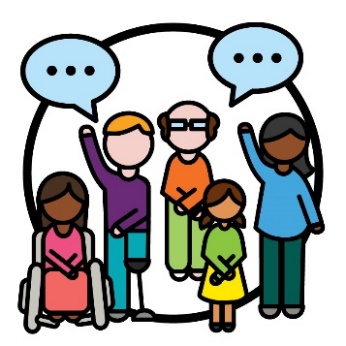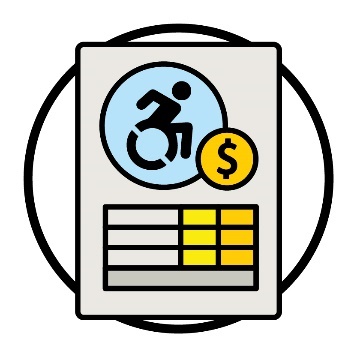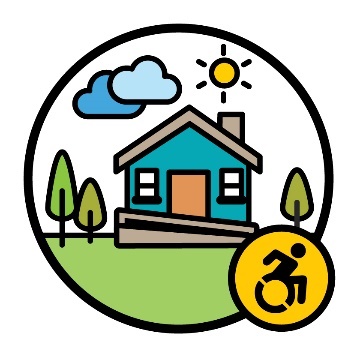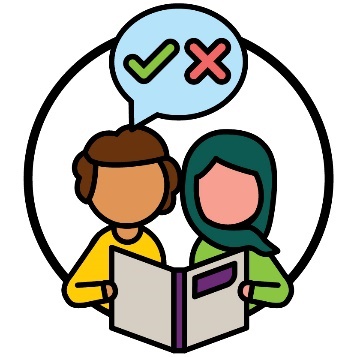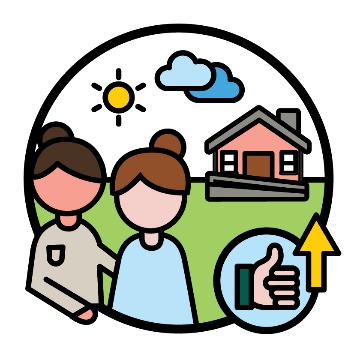Word list
This list explains what the bold words in this document mean.
|
|
Accessible When housing is accessible it:
|
|
|
Aged care Aged care is where older people live when they can’t stay in their home anymore. |
|
|
Bulletin A bulletin is an important news item we share with the community. It explains what we did in our meeting. |
|
|
Co-design Co-design is when people work together to plan something new. |
|
|
Conflict of interest A conflict of interest is when someone could affect a decision so the result is better for them. |
|
|
Guardian A guardian is a person who acts and makes decisions for you. Your guardian might be:
|
|
|
Intellectual disability An intellectual disability affects how you:
|
|
|
Justice system Our justice system includes:
|
|
|
Lived experience If you have lived experience of disability, you:
|
|
|
Local area coordinators (LACs) An LAC is someone who helps people with disability find and use supports and services. |
|
|
NDIA Board The NDIA Board is a group of people who make decisions about all parts of the NDIA. |
|
|
NDIS planner An NDIA planner is someone who:
|
|
|
Outcomes Outcomes are important results the NDIA want to get for people with disability. |
|
|
Palliative care Palliative care is a support for when you are near the end of your life. You use palliative care when you have an illness that:
|
|
|
Participants Participants are people with disability who take part in the NDIS. |
|
|
Providers Providers support people with disability by delivering a service. |
|
|
Psychosocial disability A psychosocial disability affects your mental health. It can affect how you:
|
|
|
Reference Group A Reference Group is a group of people who give us advice about a certain topic. |
|
|
Special Disability Trusts Special Disability Trusts are set up by the family of a person with disability who needs a lot of support. |
|
|
Specialist disability accommodation (SDA) SDA is housing for people with disability who need extra support most of the time. |
|
|
Supported decision-making Supported decision-making is when someone helps you make important decisions about your life and how you will live. |
|
|
Supported independent living (SIL) SIL is help with day-to-day tasks around your home so you can:
|
|
|
The Information Access Group created this Easy Read document using stock photography and custom images. The images may not be reused without permission. For any enquiries about the images, please visit www.informationaccessgroup.com. Quote job number 5264-B. |
